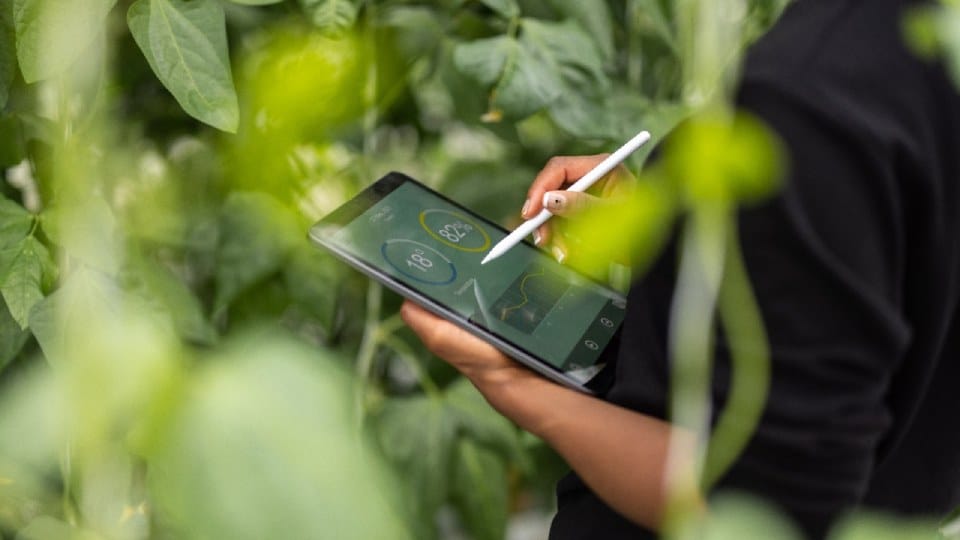{{item.title}}
{{item.text}}

{{item.title}}
{{item.text}}
Sustainability is one of the most relevant and uniting issues of our time: Students across the globe are advocating for more action on climate change. Governments and institutions are pledging to back a United Nations campaign aiming for net-zero greenhouse gas emissions. And investors are recording significant growth in environmental, social, and governance (ESG) investments.
With these trends in mind, now is a critical time to rethink and transform your approach to sustainability. Rather than view it as a compliance measure for regulatory requirements, or as a way to maintain the license to operate, sustainability must be fully integrated into your company's ecosystem. If approached holistically, sustainability can be a source of value creation and competitive advantage. To fully realize the potential of sustainability's impact on your business, you must develop and implement a future-proof business model. By demonstrating your commitment to sustainability, you can build greater trust and loyalty among your investors, employees and customers.


Report PwC Poland | Strategy&
ESG in consumer goods and retail: still only declarations, not yet reality
Opportunities and risks related to ESG also have an increasingly measurable impact on the retail and consumer goods sector, with “sustainable” brands being built in response to growing expectations of consumers and business partners. By taking actions that involve reducing the carbon footprint and water consumption or verifying the origin of raw materials in the supply chain, businesses will create a positive impact on the environment in the long run.
Read the PwC & Strategy& report about the impact of ESG opportunities and risks on the retail and consumer goods sector.
Read the report
At Strategy&, we help you to make the right choices to position you in a more sustainable tomorrow.
At Strategy&, we support you to implement ESG aspects into everyday operations.
At Strategy&, we support you to define and implement the right non-financial KPIs to manage successful sustainability transformation accordingly.
Sustainability is hardly a new discovery in the chemicals industry – its Responsible Care® initiative was founded 1985. For decades now, companies in the chemicals industry have dealt with topics such as safety, risk management and environmental and health impact due to increasingly stringent regulations and growing public awareness.
As the pressure from customers, financial institutions and competitors towards sustainability is growing, industrial manufacturing companies have started to push the sustainability agenda. A strategy tailored to the capabilities of the companies is needed to transfer sustainability to a competitive advantage. Thereby not only the company's own position but also the entire value chain must be considered.
Growing societal expectations of renewable energies and decarbonization are creating pressure on oil and gas companies. Evolving climate policies and regulation, public and shareholder activism as well as changing investment strategies of big financial players are key drivers for the oil and gas industry to invest in “green” energy and reduce emissions.
Energy utilities have long played a key role in the energy transition by contributing to a secure energy supply and decarbonization. The public has never been more engaged in the current debate about the growing importance of sustainability in society, the economy and the environment. Energy utilities will need a comprehensive approach to seize the opportunities that these changes will bring about and to elevate the issue of sustainability and set new standards.
Growing consciousness for sustainability among consumers and society is increasingly putting pressure on retail, FMCG, grocery and fashion companies. Developing a joint sustainability strategy for the industry as a whole and integrating ESG into the business strategy is needed in order to address the key challenges and achieve long-term success.
Sustainability in retail and consumer (PDF, 1.2 MB)
Sustainability in grocery (PDF, 1 MB)
Although it is the hot topic in the transport and logistics industry at the moment, many companies still react defensively towards sustainability. In order to provide climate-, environmentally-, and socially-compatible transport solutions as well as robust transport chains that contribute to flatten the climate curve, we support our clients in developing their sustainability strategy in five steps.
When humanity and technology hit the road
Visit our Smart Mobility Hub - an essential resource for the latest perspectives that define our collective mobility challenges and help find the smartest solutions.
From cities and urban infrastructure, to automation and impending regulatory hurdles, we’re ensuring the next stop is a new beginning for all.





